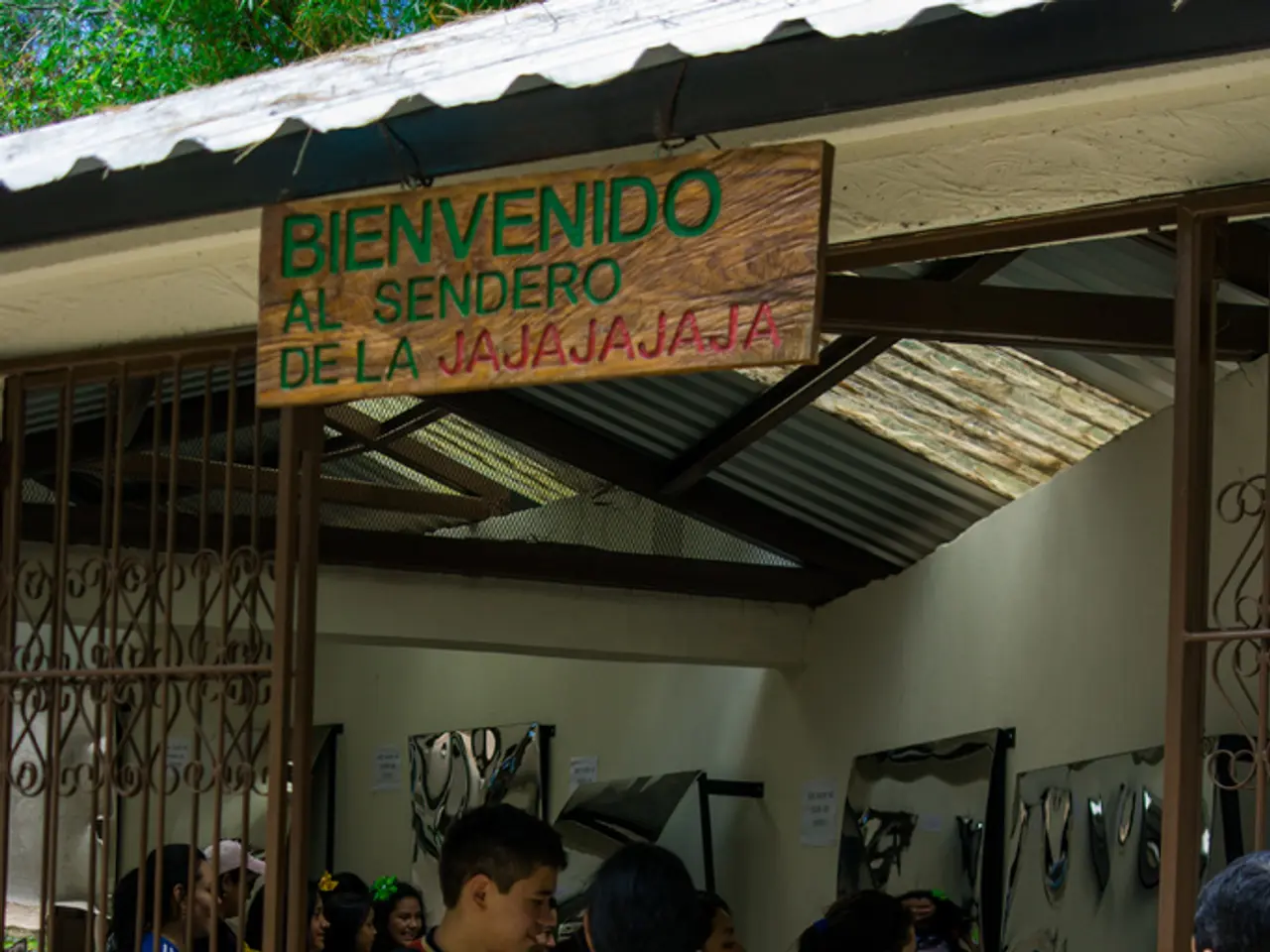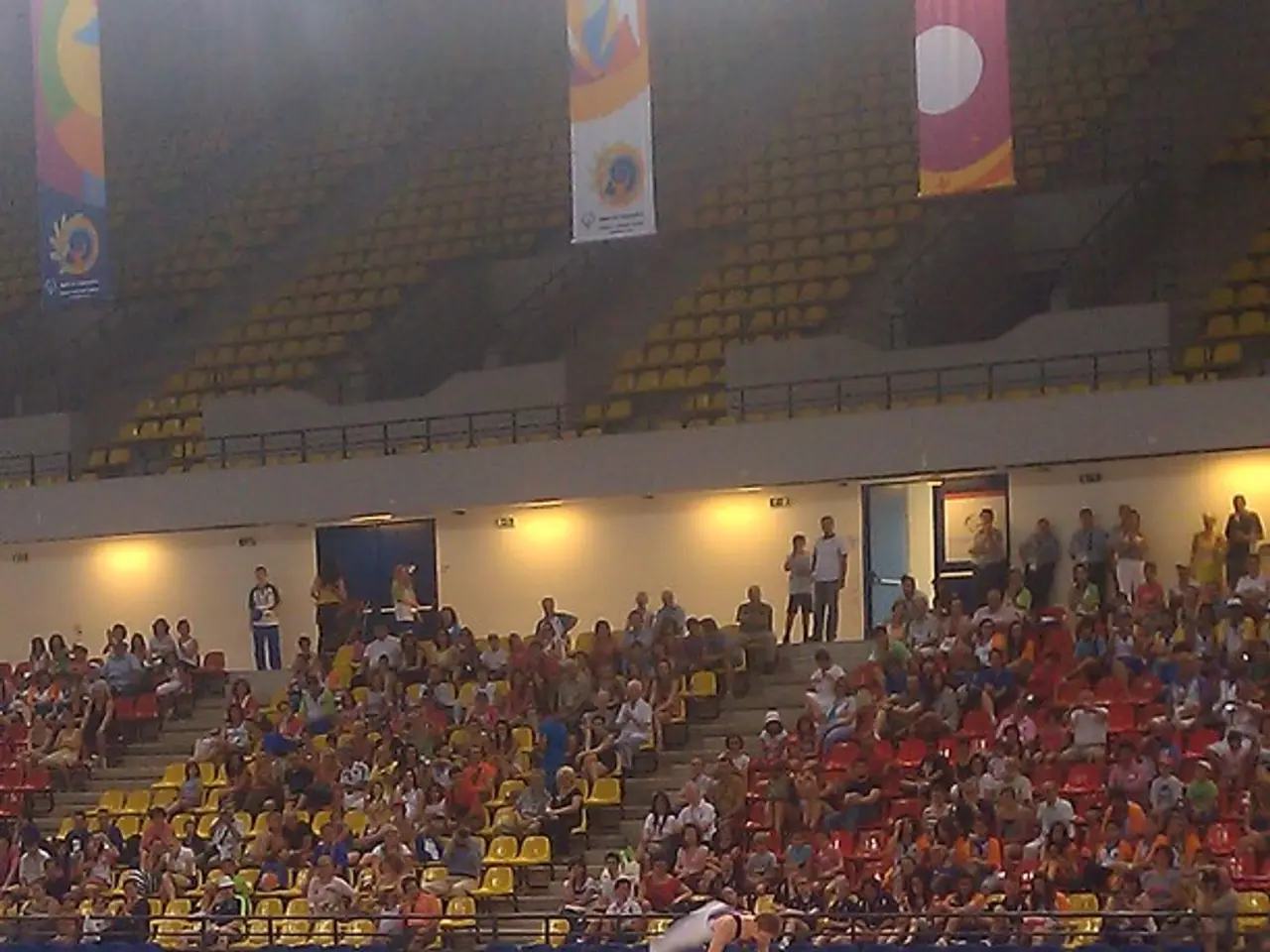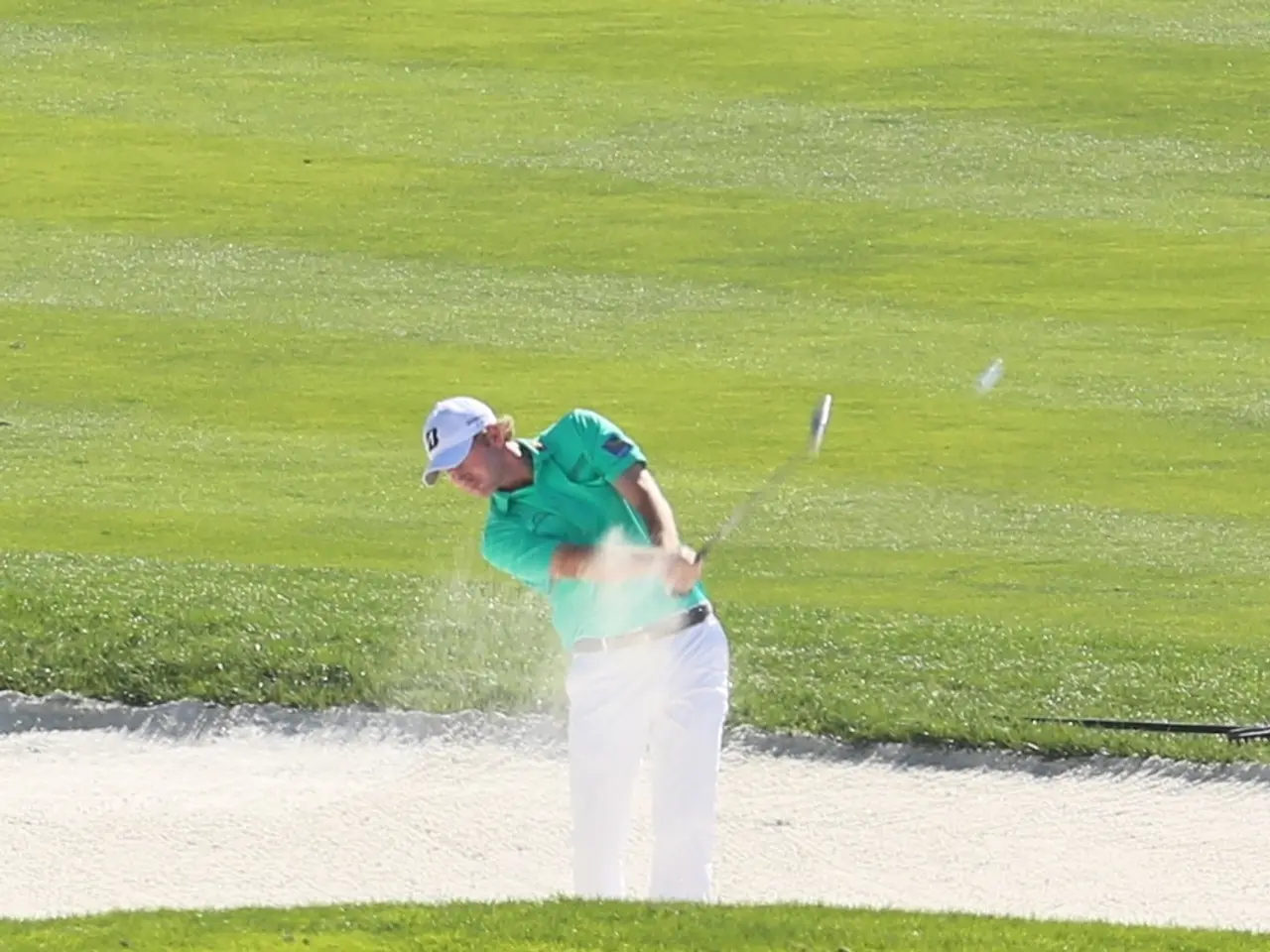Enhanced India-UK trade agreement fosters growth in India's technical textile exports to the United Kingdom
India's Technical Textiles Sector Set to Expand with UK Trade Agreement
India's Technical Textiles sector is poised for significant growth following the signing of the India-UK Comprehensive Economic Trade Agreement (CETA) by Prime Ministers Narendra Modi and Keir Starmer. The agreement presents new opportunities for several sectors, particularly Technical Textiles, as it offers 100% duty-free market access for Indian exports to the UK, covering 99% of the UK's tariff lines.
Currently, the UK imports Technical Textiles worth over USD 7 billion annually, and India's Technical Textiles exports, currently at USD 240 million, are expected to scale up to over USD 1 billion by 2030 due to the India-UK CETA.
The agreement allows Indian manufacturers to compete on equal terms with global players in the UK market. India already possesses the technical capability to produce high-performance textiles in line with global standards.
The India-UK CETA offers immense opportunities for the growth of key sub-segments like Agrotech, Geotech, Hometech, Indutech, Packtech, and Sportech. MATEXIL, the Maharashtra Textile Industry Development Corporation, is collaborating with industry stakeholders and the Ministry of Textiles to identify priority export products for the India-UK CETA.
Shaleen Toshniwal, Chairman of MATEXIL, emphasized that these key sub-segments are poised for strong growth under the agreement. To capitalize on these opportunities, MATEXIL will organize outreach programs, B2B meetings, and market intelligence sessions to help Indian exporters prepare for the India-UK CETA.
The strategic partnership under CETA provides easier market access and regulatory collaboration that promotes Indian exporters' ability to capture rising UK demand for technical textiles across various verticals such as healthcare and defense.
Bhadresh Dodhia, former Chairman of MATEXIL, stated that India will have a significant competitive edge over China in the Technical Textiles sector due to the absence of an FTA between China and the UK.
The growth potential to the UK market is significant, as CETA removes tariffs on textiles including technical textiles, enabling Indian manufacturers to expand exports of specialized textiles used in defense, healthcare, infrastructure, and automotive sectors to the UK market more competitively.
The India-UK CETA also supports Indian Technical Textile exporters in complying with UK regulatory and sustainability standards. Bhadresh Dodhia advises Indian Technical Textile exporters to study UK market requirements, technical standards, and sustainability norms.
The growth of the Technical Textiles sector in India is further bolstered by government initiatives and infrastructure. Schemes like the National Technical Textiles Mission (NTTM), PM MITRA mega textile parks, and the Production-Linked Incentive (PLI) scheme collectively enhance R&D, manufacturing capacity, and automation in technical textiles, helping scale quality production to meet international demand.
Adoption of digital printing, CAD design, AI forecasting, IoT, and smart factories is driving efficiency and higher value addition in technical textiles, facilitating compliance with stringent quality requirements of discerning international buyers like those in the UK.
MATEXIL plays a critical role in strengthening Maharashtra’s technical textile ecosystem and export preparedness. As a facilitator and promoter, MATEXIL supports textile manufacturers in Maharashtra to leverage these trade opportunities by promoting capacity building and modernization consistent with the National Technical Textiles Mission and government initiatives.
MATEXIL helps build industry clusters and textile parks in Maharashtra that serve as hubs for technical textile production, providing companies a platform with shared infrastructure, logistics, and skilled manpower to enhance competitiveness in export markets.
MATEXIL also coordinates skill-linked courses, helps in fast-track clearances, and fosters investor confidence which collectively improve the readiness of the technical textiles industry to capitalize on CETA-enabled opportunities in high-growth UK and global markets.
In sum, the India-UK CETA opens substantial export avenues for India's technical textiles, backed robustly by national missions and schemes aimed at innovation and capacity expansion, with MATEXIL playing a critical facilitative role by strengthening Maharashtra’s technical textile ecosystem and export preparedness.
- The India-UK Comprehensive Economic Trade Agreement (CETA) has sparked an interesting debate among industry analysts regarding the potential growth of India's Technical Textiles sector, particularly in sub-segments like Agrotech, Geotech, Hometech, Indutech, Packtech, and Sportech.
- The news about the India-UK CETA and its significant impact on the Technical Textiles sector has become a hot topic among business circles, as it offers opportunities for Indian manufacturers to compete on equal terms with global players in the UK market, potentially scaling up exports to over USD 1 billion by 2030.








